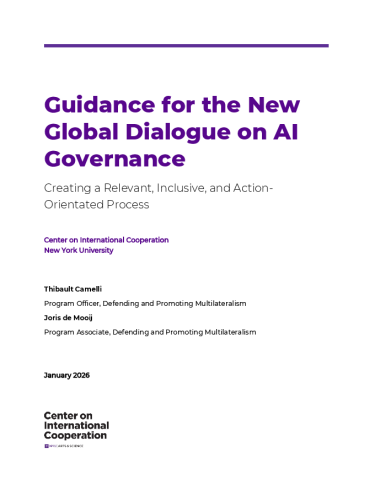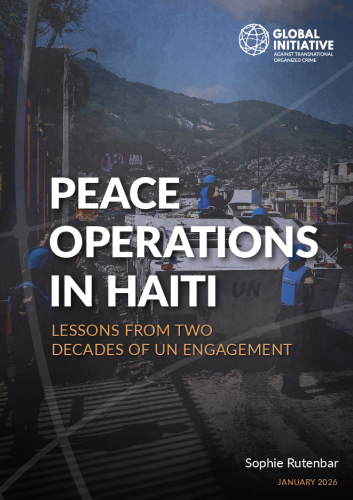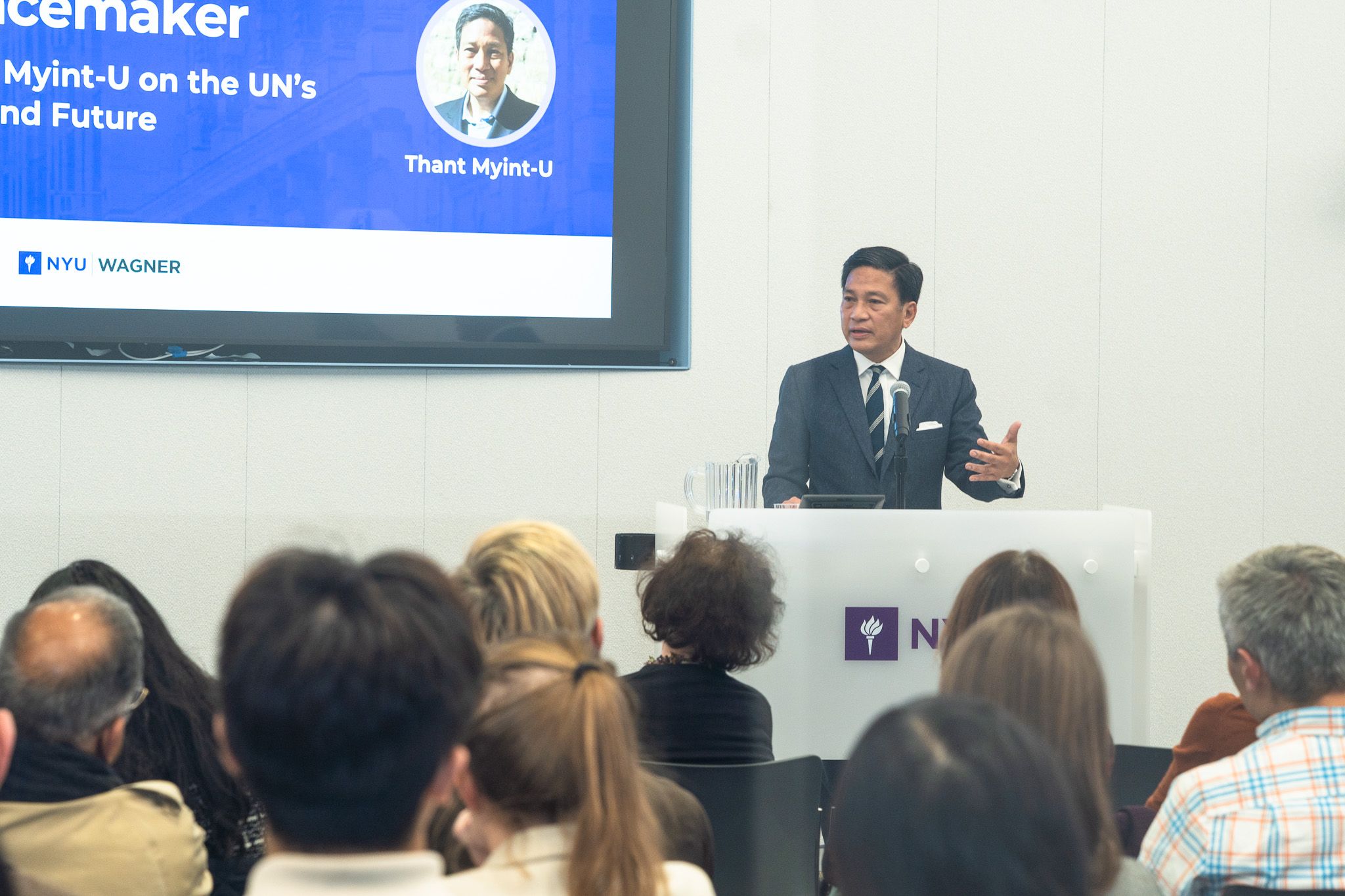Closing the Justice Gap: How Open and People-Centered Justice Can Drive the Change
This paper proposes that the next phase of justice reform should connect open justice and people-centered justice as mutually reinforcing approaches.

The Center on International Cooperation (CIC) at New York University (NYU) is a research center and think tank that, for over two decades, has been a leader in applied policy, connecting politics, security, justice, development, and humanitarian issues.

Through our programming and work, CIC seeks to inform and strengthen collaborative approaches and/or collaboration among national governments, international organizations, and the wider policy community to build trust, prevent and respond to crises—and advance peace, justice, and inclusion at all levels. Find out the practical and actionable ways we are striving towards this goal through our latest business plan.
This paper proposes that the next phase of justice reform should connect open justice and people-centered justice as mutually reinforcing approaches.

This policy brief proposes an integrated, sequenced, United Nations (UN)-anchored, roadmap for the new Annual Global Dialogue on AI Governance.

This report examines United Nations and international responses to the evolving dynamics of transnational organized crime in Haiti over the past two decades, and how these dynamics have contributed to the country’s current breakdown.




Join our mailing list to receive regular updates on our latest events, analysis, and resources.
"*" indicates required fields